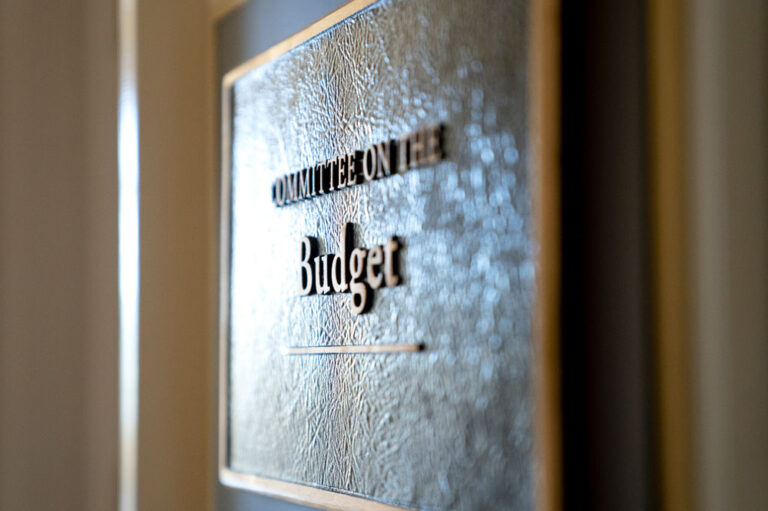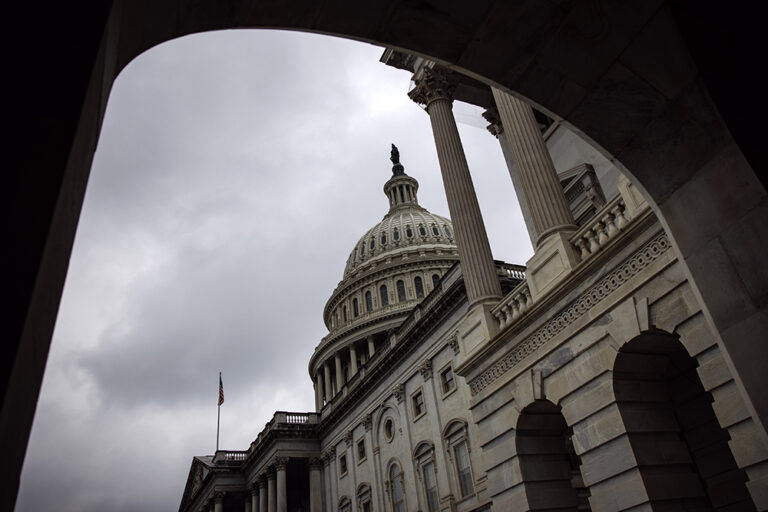Six Principles for Fiscally Responsible Tax Policy
In 2025, policymakers face significant budgetary decisions as a result of the expiration of certain provisions of the 2017 Tax Cuts and Jobs Act (TCJA).
America’s fiscal standing has deteriorated considerably since TCJA’s enactment in 2017. The national debt has grown by $16 trillion to reach $36 trillion, leading to record interest costs that now exceed what we spend on national defense. Worse yet, we are facing large, structural deficits into the future, adding a staggering $22 trillion more to the national debt over the next ten years — and that’s if none of TCJA’s provisions are extended. Extending the expiring TCJA provisions without offsets would add at least $5 trillion more over that time.
Given the seriousness of our fiscal situation and the trillions at stake in 2025, below are six key principles for policymakers to improve our tax code in a fiscally responsible way.
1) Do no harm.
Lawmakers should take a “Fiscal Hippocratic Oath.” Ideally, America’s leaders would use the opportunity of major tax reform to improve our fiscal outlook, which is sorely needed. At the very least, they should not make things worse. Deficit neutrality is essential.
2) Don’t reignite high inflation.
We are just now emerging from a painful period of increasing prices across our economy. Federal deficits and increased borrowing would add inflationary pressure at this economically delicate time. The last thing lawmakers should do is risk a return to high inflation by increasing debt and deficits.
3) Pay for priorities.
We have an enormous federal budget and tax code. There is no excuse for lawmakers not to find spending cuts or revenue increases to offset the cost of policies they wish to extend or enact. There are plenty of options available to achieve deficit neutrality.
4) Focus on enhancing productivity and economic growth.
Adding to federal deficits will harm our economy. Not only must costs be fully offset, but we should also focus on extending only those provisions that are the most pro-growth, to support innovation, productivity and competitiveness. Credible, dynamic scoring from neutral scorekeepers such as the Congressional Budget Office (CBO) and the Joint Committee on Taxation (JCT) is a valuable part of assessing the full fiscal and economic impacts of legislation.
5) Reject gimmicks.
Budgetary gimmicks that obscure reality are just another form of fiscal irresponsibility and dishonesty to the American people. Lawmakers should reject the use of the typical fiscal tricks, including: assuming fantasy levels of economic growth that misrepresent the future; counting phantom offsets from unspecified sources; playing baseline games to make misleading comparisons; and using artificially early expirations which cause economic harm and uncertain policy “cliffs” like the one we are dealing with now. Lawmakers should use a current law baseline and rely on credible, nonpartisan estimates from CBO and JCT. Fiscal leadership requires honest, sustainable and durable policies without misrepresenting the numbers and leaving the burden on future lawmakers — and future generations.
6) Consider comprehensive reforms across the budget.
Specific tax provisions may be expiring in 2025, but there is nothing preventing lawmakers from looking across the entire budget for solutions. Our rapidly growing national debt is caused by a wide range of problems in our spending and tax code, which demands that we examine every part of the budget. Adding $22 trillion more to the debt over the next ten years is our unfortunate starting point — we can’t afford to make things worse. The good news is that many solutions exist to fix the long-term, structural gap between spending and revenue. Let’s use these deadlines as an opportunity to put the nation on a better fiscal path.



